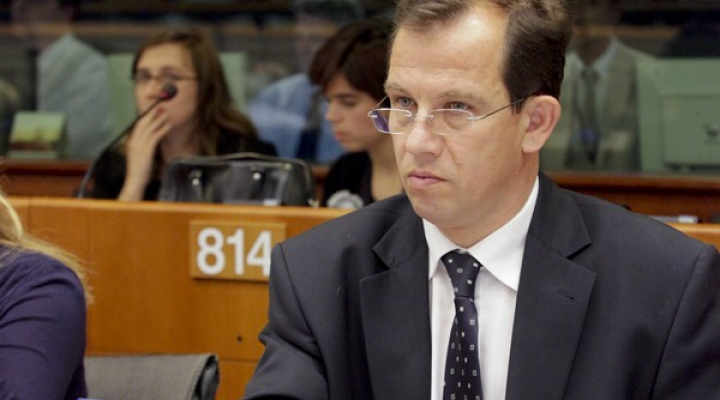Europe 2020: EP calls for a stronger control of the Commission over the member states’ commitments
The European Parliament demands immediate reporting on the member states’ results in the implementation of the Europe 2020 strategy. On Wednesday, 22 October MEPs accepted a report on the European Semester regarding economic policy measures, which states that several commitments the member states have agreed to in the Europe 2020 Strategy were not met.
RMDSZ MEP Csaba Sógor stated, that all member states have agreed to meet the goals included in the Europe 2020 Strategy, still, these goals can only by achieved in a timely fashion if the European Commission oversees the implementation of the strategy. “The European Union has created the so called European Semester, which summarizes and oversees the economic policy actions of the Member States, providing recommendations, thus ensuring that the goals of the 2020 Strategy are reached in due time”, said Csaba Sógor.
The MEP explained: the report accepted by the European Parliament lists a series of shortcomings of the member states in this field. The EP calls for the Commission to issue stronger country-specific recommendations for fighting poverty and for the member states to enact anti-discrimination and social inclusion measures in order to reduce poverty.
MEP Csaba Sógor also submitted an amendment, which became part of the final draft of the document, summoning the member states to address the Roma integration issue. In the opinion of the MEP there is a need to implement long-term, targeted and integrated measures aimed at reducing the social and economic marginalisation of Roma communities. “Integrating Roma communities and drawing them in the regular labour market would lead to wider social and economic benefits, both for the Roma and the societies they reside in. It is also important we invest more in the education of the young Roma generation, increase school attendance by Roma children and take more targeted measures against early school-leaving. This is the only way to achieve structural change in society and to end marginalisation of Roma communities”, stated Csaba Sógor.











